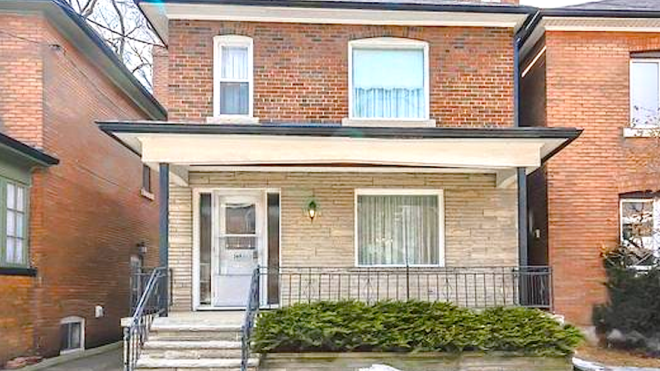
Hurricane season is officially upon us, which means everyone needs to be aware of what to do ahead of time to brace for one of these devastating storms.
If you've ever experienced a hurricane, you know how terrifying the experience can be. If one hits your region, it's better to be over-prepared than taken by surprise.
For example, you can check that your frozen food is still safe after a storm with the tried-and-true quarter trick. And if you live in a storm-prone area, and you need more extensive bad-weather prep, then follow our step-by-step guideline on how to prepare for hurricane season based on how far away the storm is.
When it comes to stormy weather prep, the first step is always the same: Check with emergency services and learn whether or not you need to evacuate.
You should also always know how to contact your local emergency services for updates and information.
Once you have those key pieces of information in place, you can use our handy guide to stay safe while the storm rages.
Thumbnail Photo: Pixabay / tpsdave
#1: Before Hurricane Season
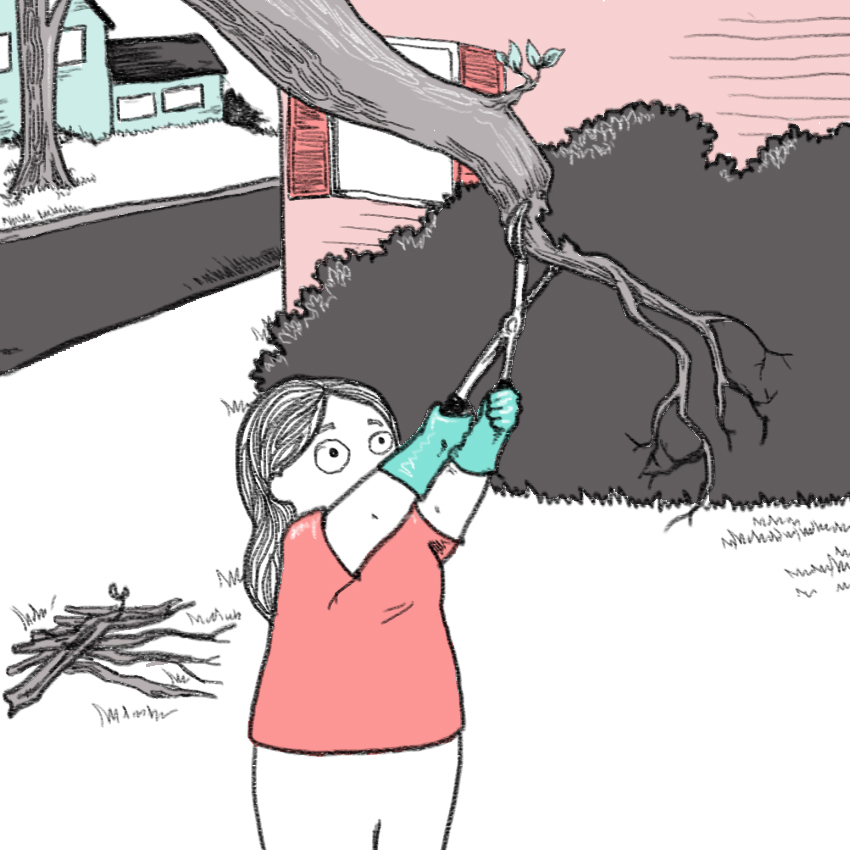
Ready.gov recommends that, before hurricane season, you make sure to do some research and make a personal hurricane plan.
First things first, make sure you know your hurricane risk — contact your local emergency management agency to find out your area's level of risk. Additionally, make sure to learn the emergency evacuation routes for your region.
You should also familiarize yourself with insurance plans that may protect you from hurricane and/or flood damage.
Finally, keep your house and yard in good condition — be sure to cut any dead branches off of trees, keep loose debris contained, and make sure you don't have any gutters or shutters falling off your home.
#2: At The Beginning Of Hurricane Season
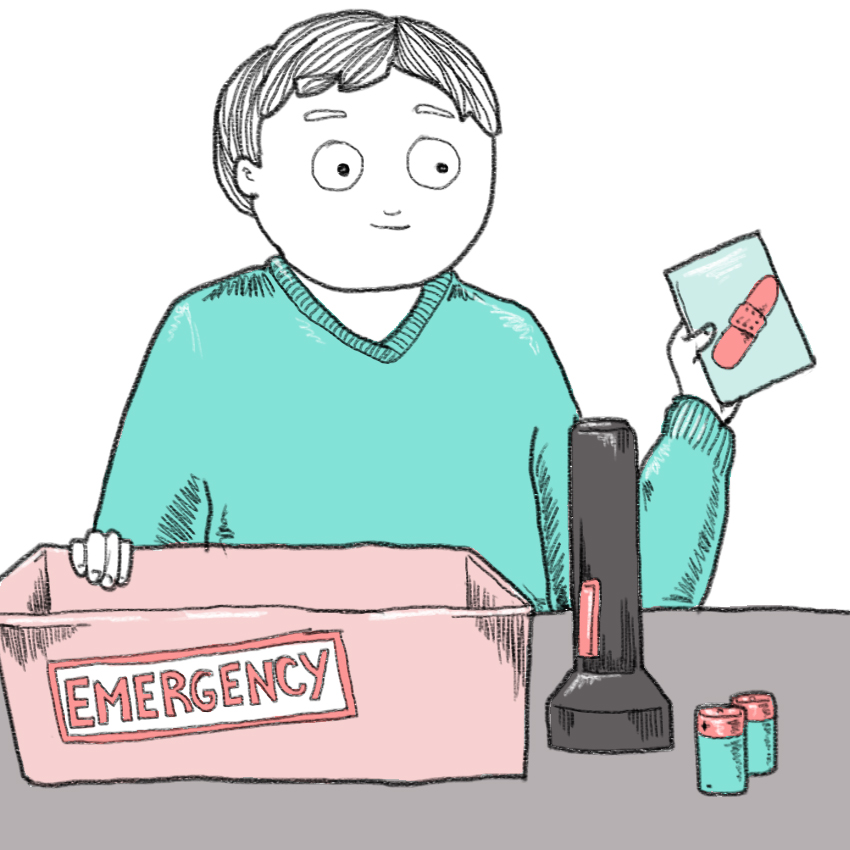
Hurricane season usually lasts from early summer to mid autumn in the United States, according to U.S. Passports and International Travel.
When hurricane season starts, one of the most important things you can do is make sure your emergency kit is up to date.
Restock your kit and make sure it includes fresh batteries, a flashlight, cash, and a variety of first aid supplies.
Double-check that you know which television and radio stations will cover hurricane progression.
#3: 48 Hours Before Hurricane
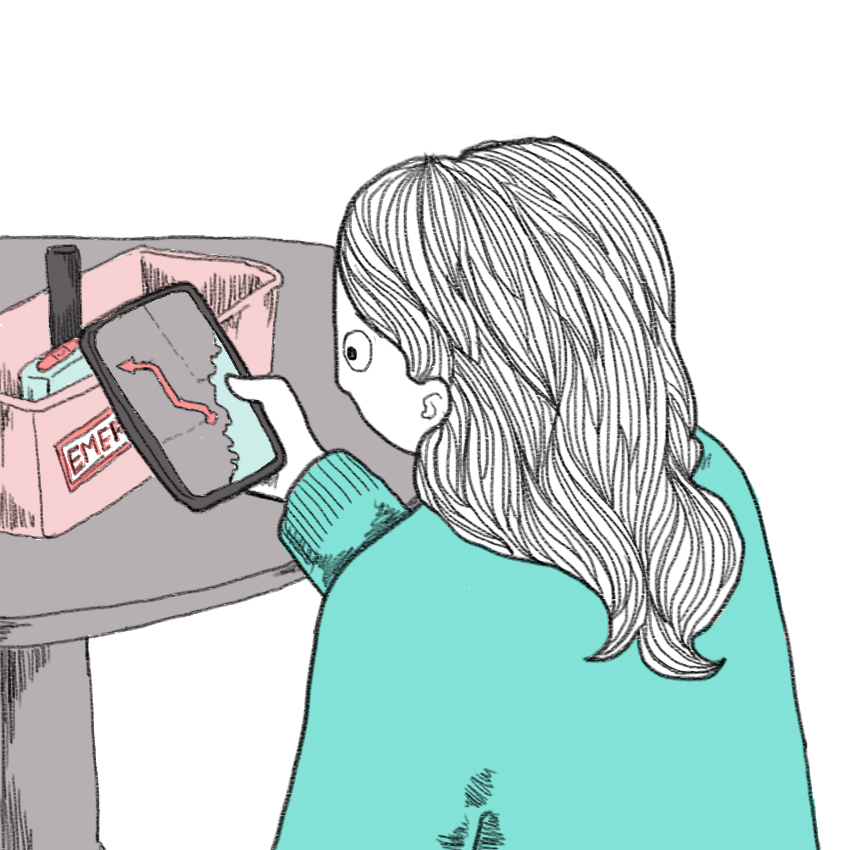
When a hurricane is 48 hours away, make sure you're staying on top of the news and checking whether or not evacuation will be necessary.
Talk with your family about your plan if/when evacuation becomes necessary. Have whoever is planning to drive review the evacuation route so you avoid getting lost or sidetracked while on the road.
#4: 36 Hours Before Hurricane
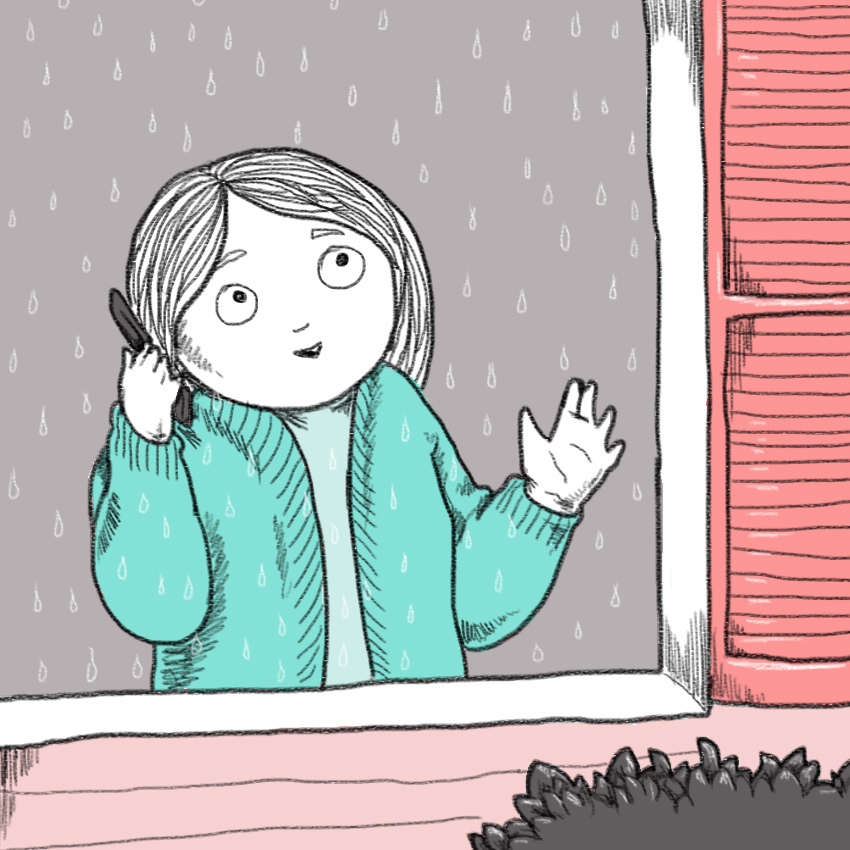
Thirty-six hours before a hurricane, communicate with friends and family (outside of the people you live with) to come up with a plan to check in during and after the storm.
Make sure that your friends and extended family have plans for evacuation — or are prepared for the storm if evacuation is not required.
Remind your friends and family that because phone lines are often overloaded during emergencies, it may be a better idea to rely on text messages and social media for communication.
#5: 24 Hours Before Hurricane
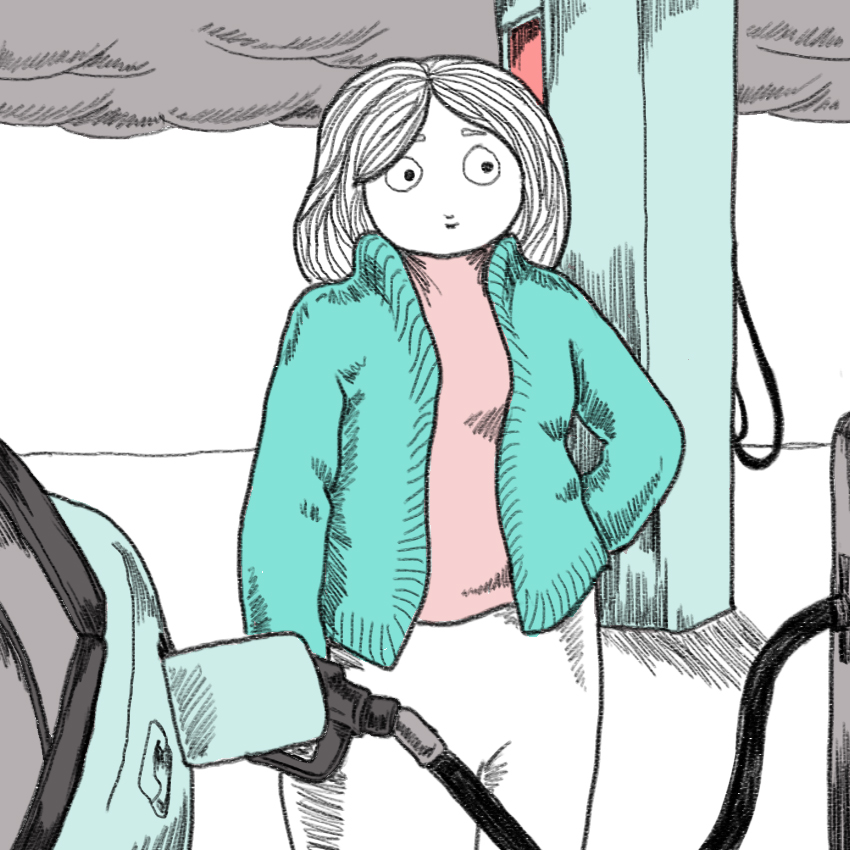
If you're still unsure about whether or not you will have to evacuate, 24 hours before a storm is a great time to make sure you're ready in case you do.
Fill up your car with gas, and stock your car with emergency supplies. Everyone in your family should pack a bag with a change of clothes and any other items they might need, like medications and toiletries.
#6: 18 Hours Before Hurricane
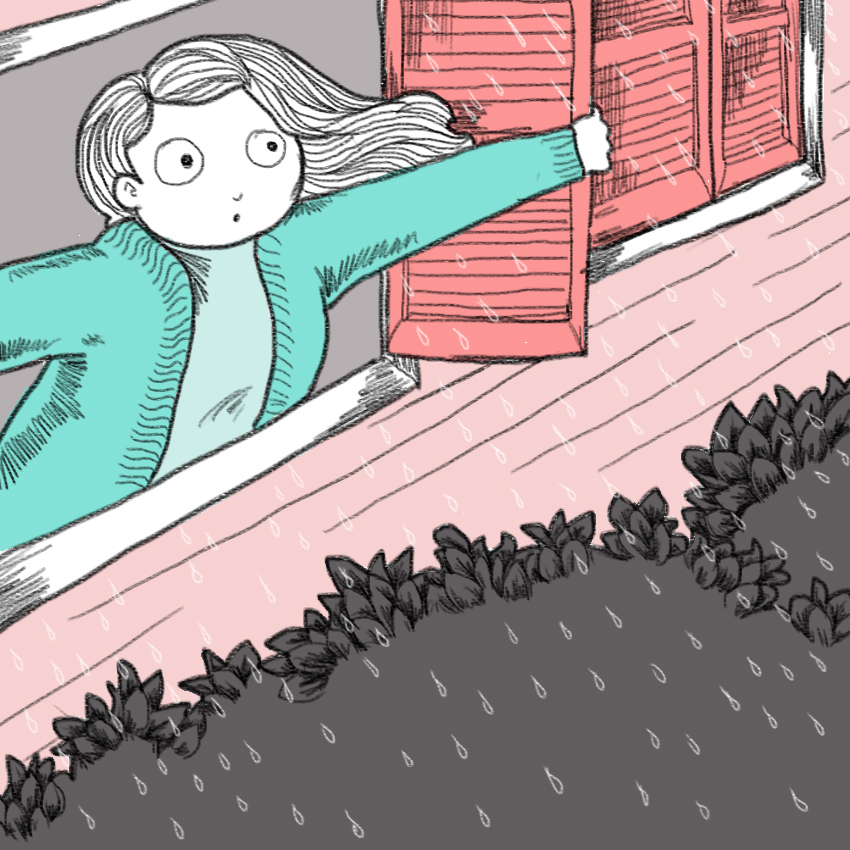
Eighteen hours before a hurricane, prepare your home for the storm. Bring any loose objects from your yard indoors — lawn chairs or garbage cans — and make sure there are no branches that could fall onto your house.
At this point, you should also cover all of your windows. Storm shutters are best. If you don't have any, board up your windows with plywood.
#7: 12 Hours Before Hurricane
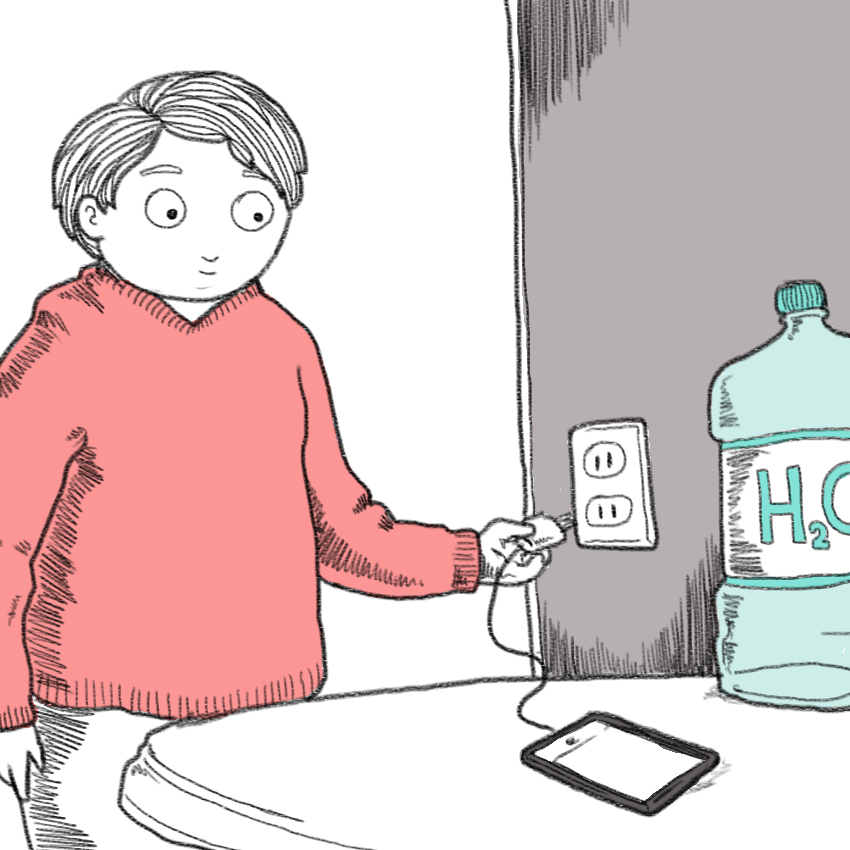
Twelve hours before a hurricane hits, make sure you're ready for power outages. Charge your cell phone and computer, as well as any external battery packs you might have.
Turn on your local television or radio station and check it every 30 minutes for updates on the storm.
#8: 6 Hours Before Hurricane

The final six hours before a hurricane can be the most nerve-racking, but try to remain calm. If you're not in an evacuation area, let your friends and family know where you are and how to contact you.
Put a thermometer in your fridge and turn your fridge and freezer to the lowest possible temperatures. If you lose power, try to only open the fridge and freezer when absolutely necessary — this will keep your food safe for longer.
Settle in and stay away from windows and doors — glass may shatter and fly around, so it's safer to keep yourself away from glass entirely.
Make sure you're prepared to stay inside until the storm dies down, which could take a few hours or even a few days, according to USA Today.
Gather games and activities to keep kids occupied, and do everything you can to stay safe.
#9: After A Hurricane
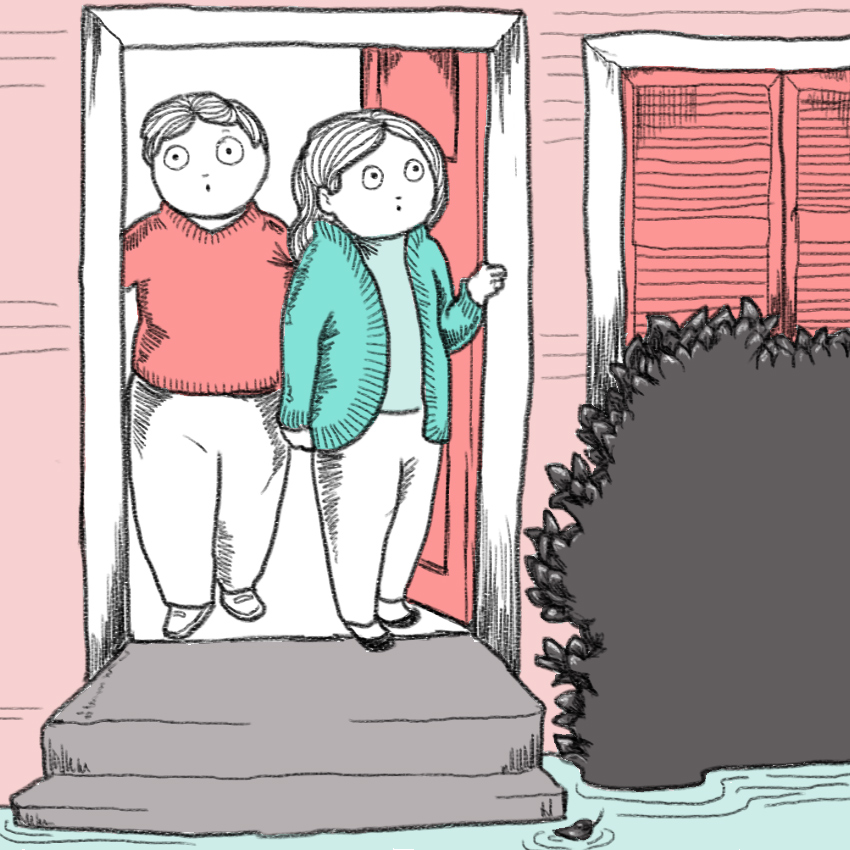
After a hurricane passes, it may seem like a good idea to immediately rush outside and assess the damage, but make sure you wait until local authorities give the all clear.
While waiting, check in with friends and family to see if they're safe, and update them on your own condition.
Once you have the permission to go outside, look out for debris and downed power lines. If there is flooding, avoid walking or driving through the water — it may be electrically charged, hide dangerous debris, or have the ability to knock you down.
Take photos of any damage your property has endured — you will need this for insurance purposes.
For more information on hurricanes and storm preparedness, please visit ready.gov.
If you think everyone should be prepared for hurricanes, please SHARE this article with your friends and family!



